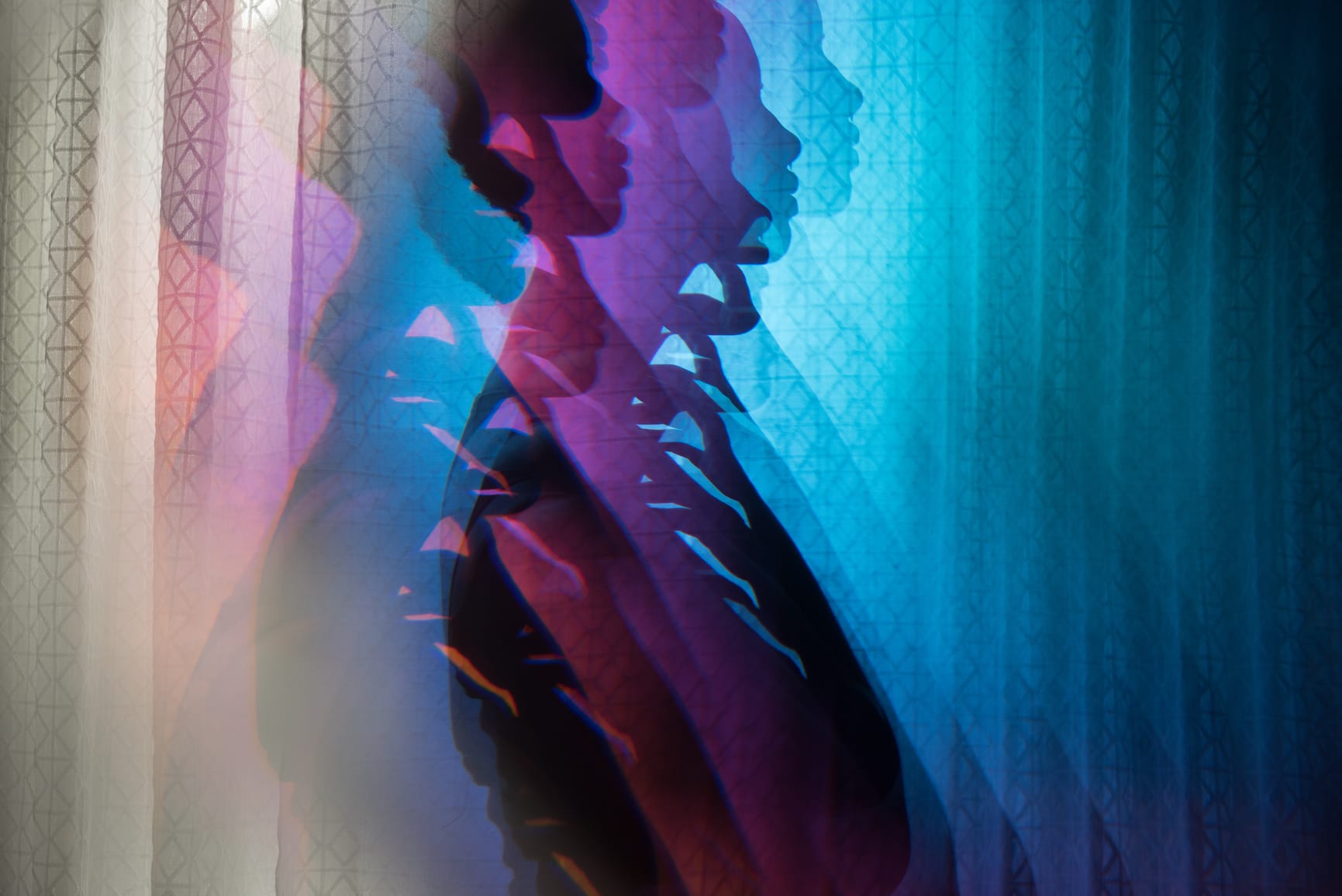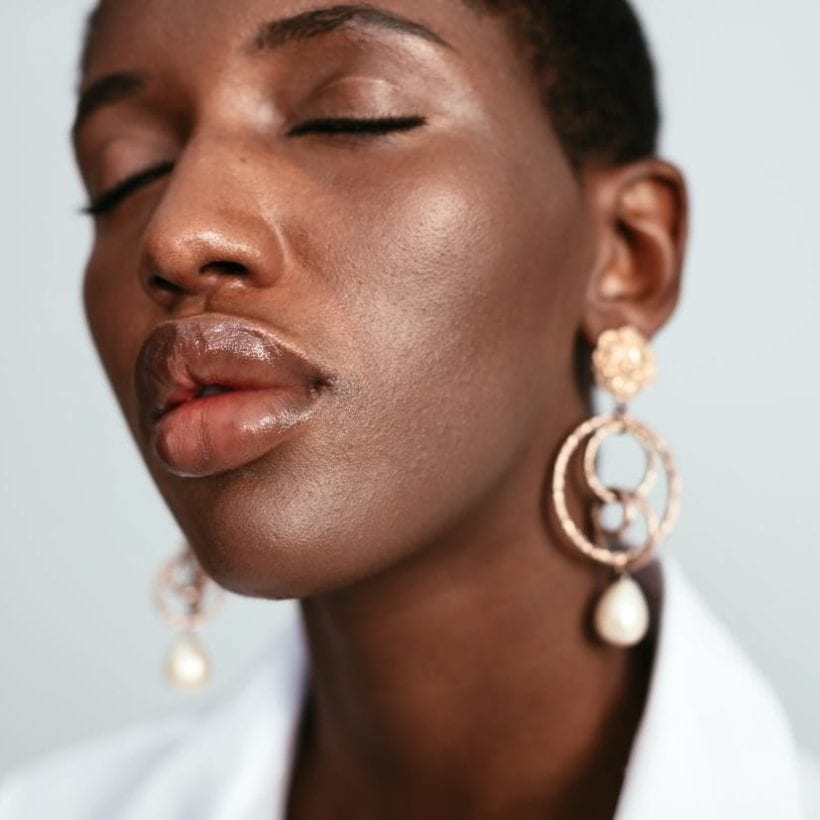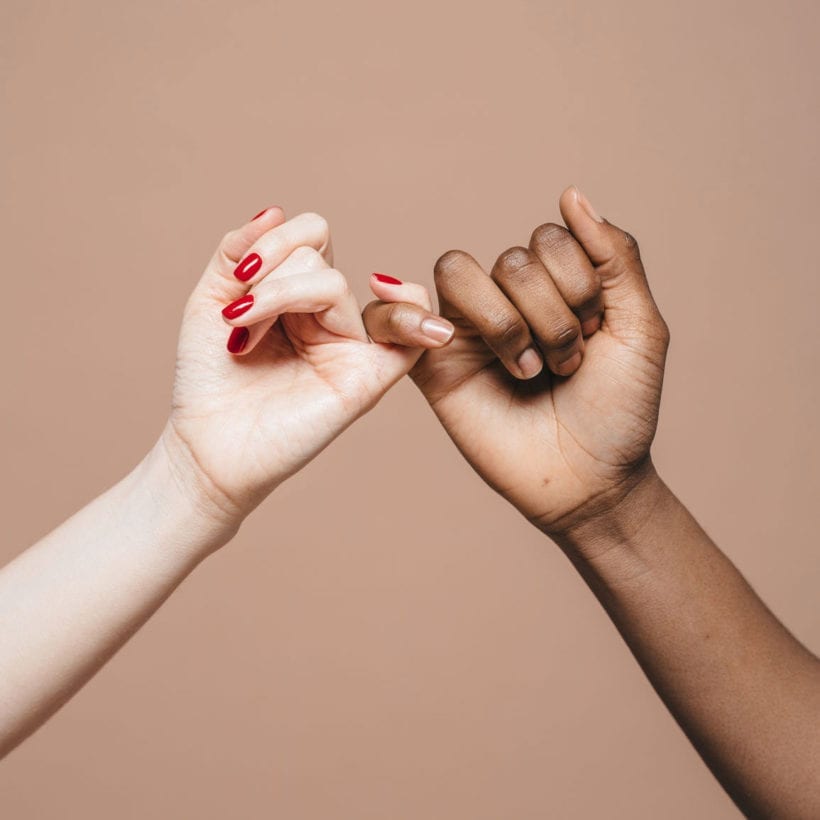As we approach the end of the year and the holidays, it can be very emotionally triggering: memories of a loved one that has passed, expectations for family gatherings, and heightened financial burdens, to name a few reasons. Plus (as if you forgot), this year has thrown a pandemic and racial unrest into the mix. It’s no wonder why recent studies by the CDC have shown it has taken a toll on mental health, particularly for minorities. The Black community, in particular, has historically held beliefs related to stigma and seeking help (often because of mistrust in the medical system, bias, and less access to care).
Enter: Elyse Fox. In 2016, the director and activist released a short documentary about her own experience with depression, titled Conversations With Friends. Both of Elyse Fox’s suicide attempts were around the holidays, so she understands first-hand about the world seeking guidance and support particularly during this time of year. After she received outreach from young women after the debut of her film, she founded Sad Girls Club in January 2017, a stigma-free community (these days, it’s mostly an online platform) for young adults — especially Black women — to help discuss mental health in the open. Today, @sadgirlsclub has more than 281K followers and it serves as a safe space and an outlet for people to talk about their emotional struggles.
Read on for our conversation with our new friend, Fox, and how she’s working to normalize these discussions for women of color and their mental health:
Q: Can you speak a bit about your own experience with depression?
Elyse Fox: I was officially diagnosed about five years ago. I always knew that I had something “odd” happening in my mind growing up, but never had the courage to speak out about it. I’m happy to be an advocate for mental health awareness today.
Q: What gave you the courage or the push you needed to finally seek help?
EF: While living thousands of miles away from my support system and a second attempt at suicide, I knew it was time to make a significant life change. I didn’t want to give up.
Q: What do you think made so many people feel safe and seen within the Sad Girls Club Instagram?
EF: I think that virtual safe spaces are a great runner up for in-person gatherings. There’s nothing that can replace person-to-person contact but at this time we must work with what we have! I believe our members feel safe on our Instagram because we practice vulnerability and create an accessible space for people to feel seen, heard, and not judged about their mental health.
Q: Society has made strides in destigmatizing mental illness, but there’s still a ways to go. How do you see this happening? What steps can the average person take to help to enact that change in their own day-to-day life?
EF: I believe that if we continue the conversation and educate the youth about the importance of maintaining your mental health the stigma will diminish. Speak to someone if you’re feeling like your mental health needs work, find groups online who resonate with you and don’t think you’re experiencing these feelings alone.
Q: Do you have any advice for someone whose partner or friend is living with depression? How can one be an ally?
EF: My advice would be to let your friend know that you’re noticing a change in their behavior or demeanor, share that you’re there for them, and ask them what they need.
Q: How can society better meet the mental health needs of women of color?
EF: Support mental health communities by funding their programming and initiatives.
Q: What are some strategies you recommend for dealing with sadness and depression instead of pushing the feelings away?
EF: I love a good cry, when you’re feeling the urge don’t suppress it. Let the tears flow honey. Journaling is a great way to express your emotions and clear your head. Reach out to someone, whether that be through text, email, a letter, speak to someone you trust about what you’re experiencing.
Q: If someone is wondering if they’re “just” sad or if they’re depressed, how can they discern the difference?
EF: Depression has a range of symptoms that creep into every part of your life. The feelings of sadness in the depression tend to last two weeks or more while sadness flows in and out rather fluidly. If you think you’re experiencing feelings of depression please speak to your general practitioner.
Q: What do you hope the next five years hold for you?
EF: Sad Girls Club will continue to listen to our community and work to provide what’s needed for the betterment of their mental health. We hope to host nationwide events again in 2021 and beyond.
If you are dealing with depression and need help, you can call the NAMI Helpline at 800-950-NAMI.







